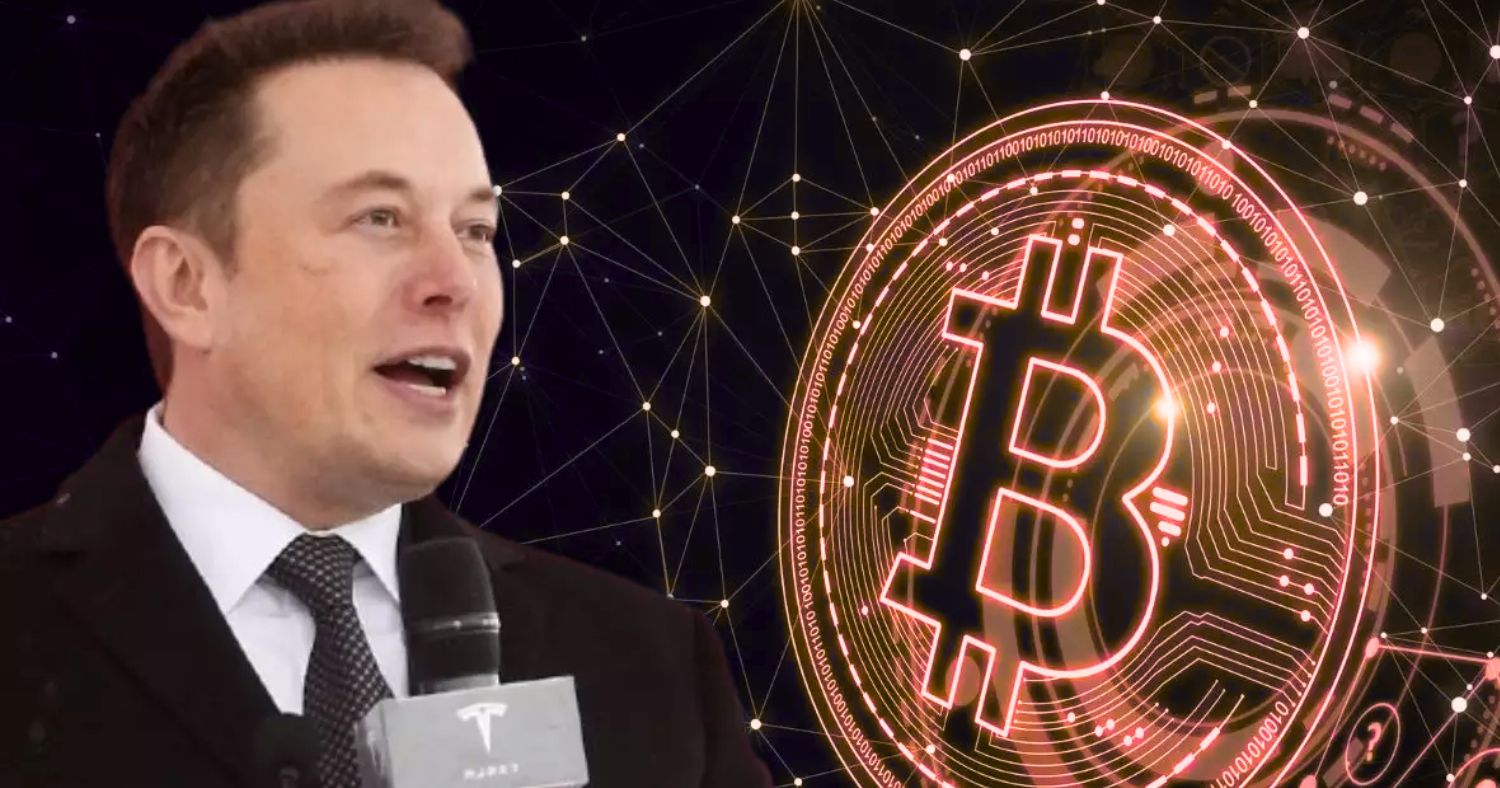After an extended period of silence on Bitcoin, Elon Musk—the architect behind Tesla and SpaceX—has reignited conversation across the digital asset space with a renewed, energy-centric perspective. In a notable exchange on X, Musk acknowledged that Bitcoin’s rise is fundamentally connected to the global transition toward energy-driven value, a stance that underscores shifting priorities within the fintech sector.
True.
— Elon Musk (@elonmusk) October 14, 2025
That is why Bitcoin is based on energy: you can issue fake fiat currency, and every government in history has done so, but it is impossible to fake energy.
Tesla and Bitcoin: A History of Volatility
Musk’s involvement with Bitcoin has been marked by pivotal corporate decisions. In early 2021, Tesla announced its $1.5 billion Bitcoin acquisition and briefly accepted the cryptocurrency as payment for its vehicles, a move seen as a bold step toward integrating digital finance within traditional industry. However, only months later, Tesla suspended Bitcoin payments, citing a conflict between the environmental impact of proof-of-work mining and its clean energy mission. The rapid reversal sent tremors through crypto markets and marked the beginning of Musk’s public withdrawal from active Bitcoin commentary.
The Crypto Winter and Tesla’s Strategic Sale
By mid-2022, amidst a deep market downturn known as the “crypto winter,” Tesla liquidated approximately 75% of its Bitcoin holdings, prioritizing liquidity amid global operational uncertainty. The company’s timing, selling near cycle lows, attracted attention and speculation, yet Musk remained tight-lipped about broader strategy, allowing corporate actions to speak for themselves.
A Single Word Sparks Industry Speculation
Breaking his silence in October 2025, Musk responded directly to a post highlighting simultaneous surges in gold, silver, and Bitcoin, which framed these rallies as byproducts of currency debasement—specifically, the massive fiscal investments fueling the AI arms race between major global powers. Musk’s understated agreement, replying “True,” quickly catalyzed renewed debate within digital asset circles.
He elaborated that, while fiat currency is easily manipulated and artificially expanded by governments, Bitcoin’s foundation in real energy investment renders it intrinsically resistant to such debasement. Musk’s comment elevated Bitcoin’s narrative within the current macroeconomic conversation, positioning it as a scarce digital asset whose trust derives from rigorously verifiable computational expenditure rather than centralized decree.
Tesla’s Ongoing Stake and Market Resonance
Despite its substantial sale in 2022, Tesla remains a significant corporate Bitcoin holder, with reserves valued at over $1.2 billion as of October 2025. While Musk’s remarks do not describe any immediate operational change, they demonstrate sustained executive interest in digital assets, notably Bitcoin and Dogecoin.
Industry Impact: Energy, Scarcity, and the Digital Economy
Musk’s endorsement reframes Bitcoin within ongoing fintech discourse, particularly amidst exponential growth in energy demands from AI infrastructure. The comment signals a shift back to viewing Bitcoin as the “proof-of-energy” gold standard in a financial ecosystem shaped by digital transformation, automation, and sovereign competition. As global central banks and governments accelerate investment in AI and related technologies, institutional investors and fintech innovators are closely examining how finite resources like energy and computation will redefine value for the next decade.
Ultimately, Musk’s energy-focused rhetoric offers a sophisticated lens for crypto entrepreneurs and market participants, reaffirming Bitcoin’s role in an era where real-world resource constraints are increasingly central to financial innovation.
Disclaimer: This article is provided for informational purposes only and does not constitute financial advice. Investors should always conduct their own thorough research and consult with a qualified financial advisor before making any investment decisions in cryptocurrencies, which are highly volatile and speculative assets.
You might be interested in




